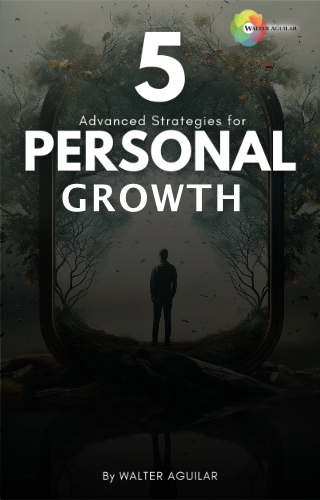In the high-pressure, rapid-fire world of today, we often find ourselves overloaded and caught up in a never-ending whirlwind involving responsibilities, demands, and stressors. This constant cycle can have a negative impact on our mental health. It can cause fatigue, burnout, and even more serious psychological issues. As a COR.E Certified Transition Dynamics Specialist, my perspective on self-care and mental health is unique. In today’s complicated and turbulent world, this is not just a luxury. It is a necessity.
Let us first debunk the myth of what “self-care” is. This is not just a trendy phrase or an excuse to indulge. This refers to your conscious actions that you take to improve your mental, physical, and emotional health. They can be anything from a healthy eating plan to physical exercise and enough sleep, to activities that nurture the mind, such as learning a new skill, meditation or just enjoying some solitude. It is all about nurturing yourself in various aspects of your life.
COR.E’s methodology is based on harnessing energy and engagement to make effective transitions. This is based on the belief that the core of your experience is you, and you can navigate stressors and changes in your life with ease. To tap into this potential, you must be at your absolute best physically, mentally and emotionally. Self-care is the key to this preparation.
Self-care is important for mental health because it regulates our stress response. Self-care is important for mental health because it helps regulate our stress responses. These moments of self care, whether it is a soothing bath or walk in the nature, a quiet mediation, or a relaxing session of yoga, allow your nervous to switch from a stress-induced state to one of relaxation. This transition is essential for maintaining mental resilience and a healthy mental state.
Self-care also supports self-awareness – a key component of mental well- being. Self-care encourages introspection and allows you to observe patterns in your thoughts, feelings, and reactions. You can make positive changes by understanding these patterns. This will promote healthier responses to stress and improve your overall mental health. Self-care allows you to empower yourself and make positive changes.
Self-care is also a vital step to maintaining healthy boundaries. This is another important pillar in mental health. You can show yourself and others how important your needs are by consciously putting aside time and effort for them. It helps to prevent feelings of victimhood or resentment, which are common when we neglect our own needs in favor of others. This affirmation of worth increases self-esteem
and reduces guilt. It also facilitates more balanced relations, which all contribute to a robust mental health.
Self-care also boosts self-efficacy – the belief that one can accomplish tasks and overcome obstacles. By giving you a feeling of control over your health, regular self-care can boost your confidence to manage stress and tricky situations. This sense of control can be a powerful antidote for feelings of despair and helplessness, which in turn promotes mental resilience.
Our fast-paced lifestyles often cause us to put our own well-being last. COR.E’s Transition Dynamics Specialist can be of major help. We offer individuals tools, strategies and insights that will help them make self-care sustainable.





